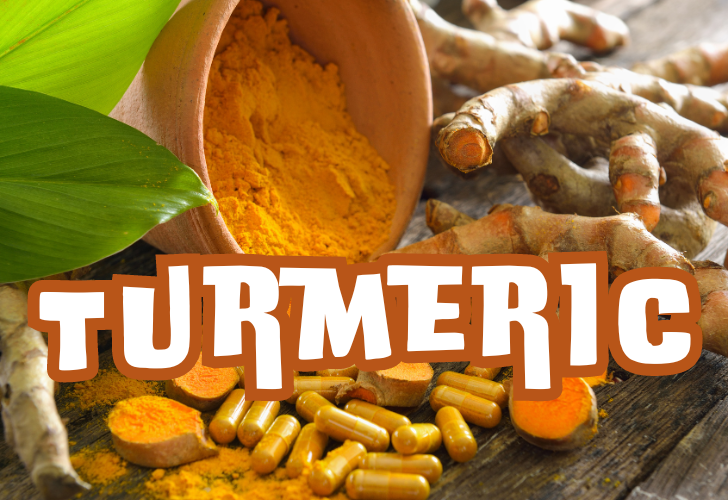
12 Uses of Turmeric
Unlock the full potential of turmeric with our comprehensive guide on the top 12 uses of turmeric. From boosting immune health and enhancing skin glow to aiding digestion and reducing inflammation, discover why this golden spice is a must-have in your daily routine. Learn the best ways to consume turmeric, including whether you can eat it raw and the ideal times to take it for maximum benefits. Transform your health and wellness with actionable insights and practical tips in our expertly crafted blog post. Read now to tap into the incredible benefits of turmeric and elevate your lifestyle!




